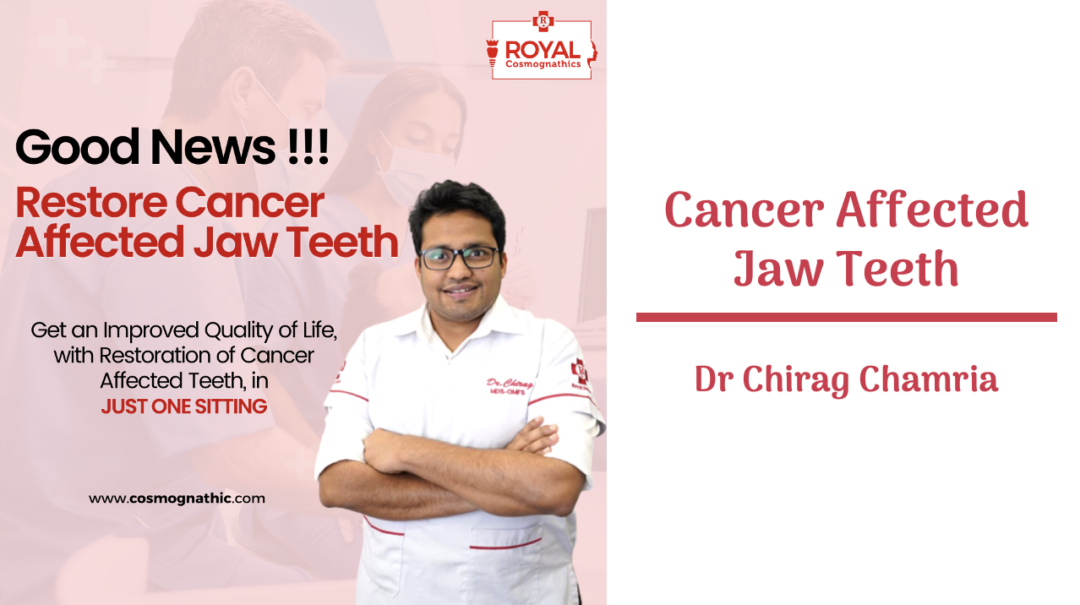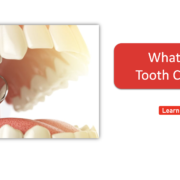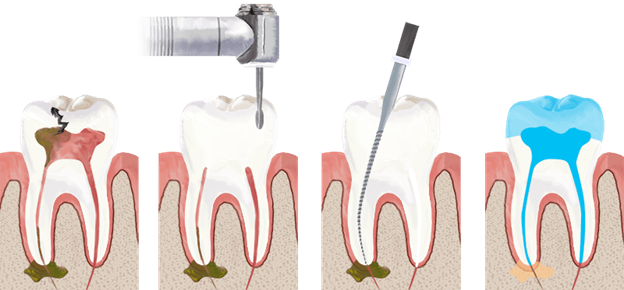When we talk about oral cancer, the first thing that comes to our mind is the risk of it spreading and affecting other organs in our body. However, what most people do not know is that there are two types – mouth cancer and oral cancer. While both can be diagnosed as oral cancer, they are very different from each other. Understanding their similarities and differences will help you stay informed about this condition. Read on to learn more about these two forms of cancer and how they are different from one another. Visit dental surgeon!
What is mouth cancer?
It refers to cancer that occurs in the mouth. This is an abnormal growth of cells in the mouth that can lead to an oral tumor. It is more commonly diagnosed in people above the age of 60, males, and people who smoke. While It can affect any part of the mouth, it most often found on the lip, upper and lower gums. You can reduce your risk of developing mouth cancer by cutting down on smoking, limiting or avoiding alcohol consumption, and eating healthy.
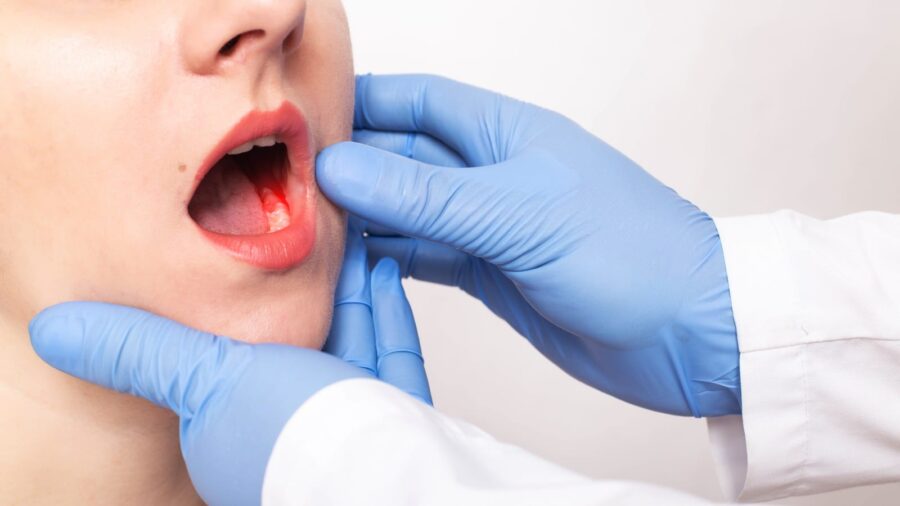
Symptoms of mouth cancer
Include a change in the look or feel of your mouth, a lump or growth, a change in your teeth, bleeding gums, a sore that will not go away, swelling or redness of your lips, a change in the way your teeth fit, a broken tooth or loose tooth, a feeling that something is stuck, a change in your voice, a bad taste in your mouth, or a pain when chewing. Visit dental surgeon if you have these symptoms!
What is oral cancer?
Oral cancer is a type of cancer that begins in the tissues of your mouth. It is more likely to occur in people who smoke, use chewing tobacco, drink alcohol, have poor oral hygiene, or have a weakened immune system.
Oral cancer can affect any part of your mouth and can also spread to other parts of your body if left untreated. Symptoms of oral cancer include a lump or thick patch, bleeding in the mouth, a sore that won’t go away, or a change in the way your teeth fit together.
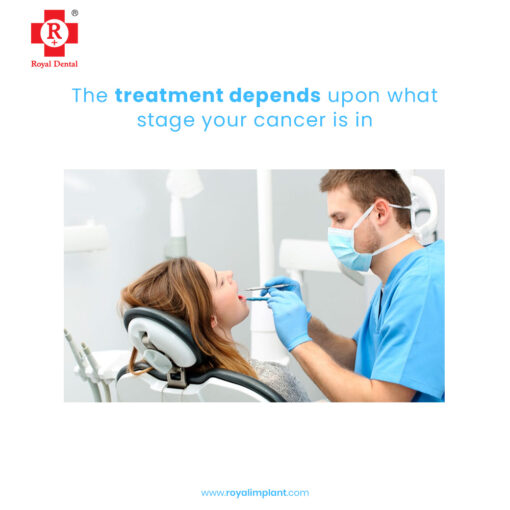
If you are experiencing any of these symptoms, it’s important to visit your dentist as soon as possible. He or she may refer you to an oral and maxillofacial surgeon who specializes in treating cancers of the mouth, face, head, and neck.
How are mouth cancer and oral cancer different?
The Mouth cancer and oral cancer are types of oral cancer, but they are different from each other. Mouth cancer is a type of oral cancer, but oral cancer is not always mouth cancer. Mouth cancer refers to cancer that occurs in the mouth, such as on your lips and tongue. It can also affect the gums of your mouth.
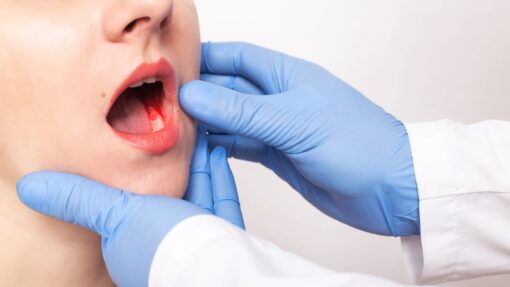
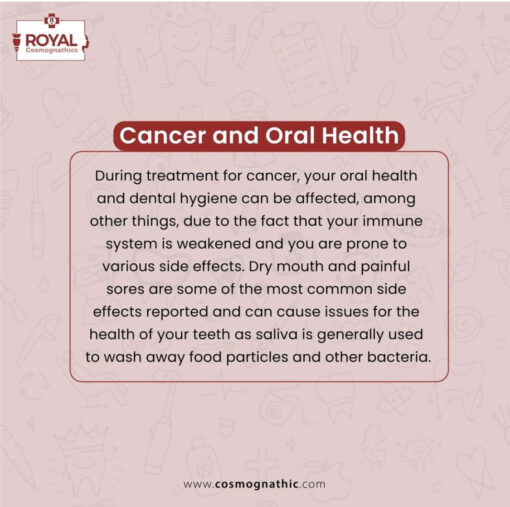
There are several types of mouth cancer, including squamous cell carcinoma, lymphoma, verrucous carcinoma, melanoma, adenocarcinoma, and sarcoma. Oral cancer, on the other hand, includes cancerous growths that occur in a number of different areas of oral cavity, such as the tongue, gums, palate, throat, lips, salivary glands, and inside of the cheeks. Cancerous growths can also occur in the tonsils, its is considered cancers of the throat, not cancer of the mouth.
Final words
Oral cancer and mouth cancer are both types of oral cancer. They are both more likely to occur in people who smoke, use chewing tobacco, drink alcohol, have poor oral hygiene, or have a weakened immune system. Oral cancer is more common, and is diagnosed in about 48,000 people each year. Oral cancer is much less common, with less than 2,000 people being diagnosed with it each year.

